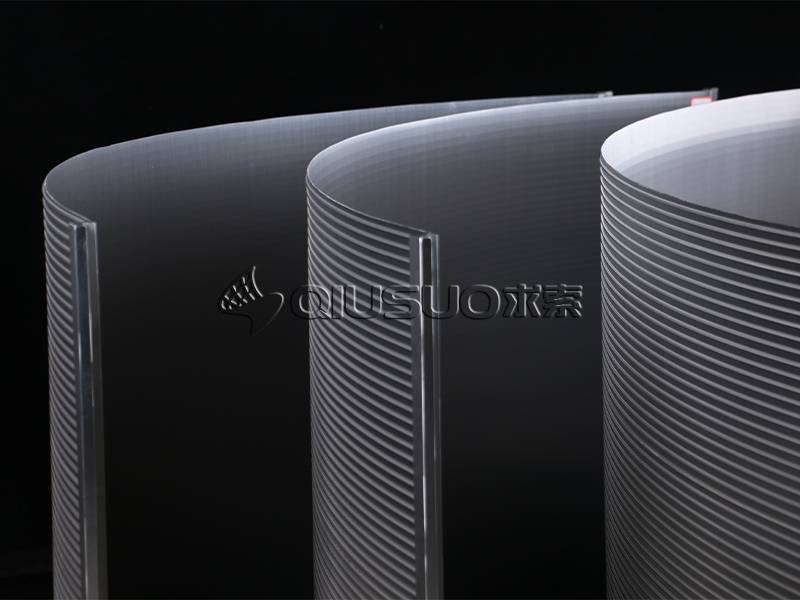
Pressure Arc Screen for Starch
The starch industry refers to the production and processing industry that primarily focuses on starch as its main product. Starch is an important carbohydrate that is widely found in plants, primarily sourced from crops such as corn, potatoes, wheat, and rice. The starch industry involves not only the extraction and refining of starch but also the development of its derivatives, such as sugars, alcohols, starch esters, and starch sugars. With the increasing demand for starch and its derivatives in fields such as food, pharmaceuticals, and chemicals, the starch industry plays an important role in the global economy. The sustainable development of this industry is also receiving increasing attention, with many companies exploring more environmentally friendly production methods and sources of raw materials.

Common issues encountered in the production and processing of starch include unstable raw material quality, low starch extraction efficiency, and insufficient product purity. Unstable raw material quality can lead to fluctuations in starch content during the extraction process, thereby affecting production efficiency, while low starch extraction efficiency may increase production costs. In addition, insufficient product purity directly impacts the performance of starch in food, pharmaceutical, and industrial applications, consequently affecting the quality of the final product. At the same time, improper treatment of by-products and wastewater generated during the starch processing can also have negative effects on the environment, increasing the environmental pressure on enterprises.
By optimizing the starch production and processing processes, we can effectively reduce the environmental impact of production, promote sustainable development, ensure the quality and safety of starch products, and create a more environmentally friendly production environment for the future. In addition, the use of advanced technologies and equipment can not only reduce waste emissions but also enhance the added value of products, promote the development of a circular economy, thus achieving a win-win situation for economic and ecological benefits.